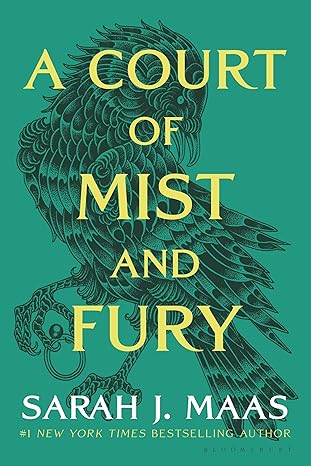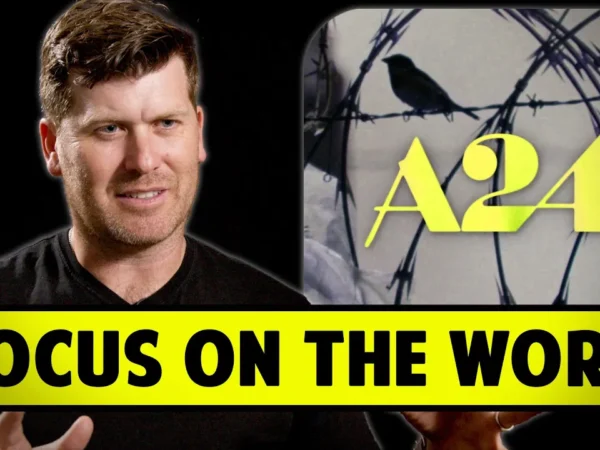
Understanding the Art of Writing: Insights from Adam William Ward
Writing is an intricate craft that combines creativity, discipline, and a deep understanding of storytelling. In this exploration, we delve into the thoughts of Adam William Ward, a filmmaker and actor, as he shares valuable insights on writing, the importance of feedback, and the role of ego in the creative process.
Table of Contents
- The Rule of Knowing Your Ending
- The Importance of Feedback
- The Role of Ego in Creativity
- Building a Support System
- The Paradox of the Entertainment Industry
- Frequently Asked Questions
- Conclusion
The Rule of Knowing Your Ending
One of the most debated rules in writing is whether to know your ending before you start. Adam believes that while it can be beneficial for many writers, it isn’t a strict rule applicable to everyone. For some, knowing the ending might stifle creativity. “There are savants out there,” he notes, suggesting that some writers can create without a predetermined conclusion.
However, he emphasizes the importance of understanding your story. “If you know your ending, it’s going to be a much better journey for you,” he explains. This knowledge can help shape the tone and direction of the narrative. For instance, he cites the movie *Axel Foley*, where the ending was clearly defined from the start, contributing to its overall feel-good nature.
Ultimately, Adam suggests that writers should explore what works best for them. “There’s no exact science to it,” he says, indicating that different writers have different processes. This flexibility allows for a more personal and authentic storytelling experience.
The Importance of Feedback
Receiving feedback is a crucial part of the writing process. Adam posits that many writers may perceive themselves as savants until they share their work with others. “Do you think we think we’re a savant until we go to those ten people?” he asks, highlighting the reality check that feedback can provide.
He points out that most people thrive on encouragement. When faced with criticism, many tend to doubt their abilities. “There’s very few people that you say you’re horrible at it and they try harder,” he mentions. This underscores the fragile nature of confidence in creative endeavors.
For those just starting out, Adam advises taking feedback to heart. “Take it easy on yourself,” he encourages. The first few attempts at filmmaking or writing often serve as learning experiences. He believes that producing multiple works, such as ten short films in a year, can significantly improve one’s skills over time.
The Role of Ego in Creativity
Ego plays a dual role in the life of a writer or artist. Adam argues that a healthy amount of ego is necessary to drive creative ambition. “It takes some ego to want to put things out there,” he states, acknowledging that confidence can propel individuals to share their work with the world.
However, he warns against letting ego overshadow the ability to learn from criticism. “You need to massage the ego enough to drive you forward,” he explains. Striking this balance is essential for personal growth and improvement in any artistic field.
Moreover, Adam reflects on the pitfalls of success. Many individuals who achieve a certain level of fame may become disconnected from their roots. “You’re lucky to be there,” he remarks, emphasizing the importance of humility and staying grounded amidst success.
Building a Support System
In the entertainment industry, having a solid support system can make all the difference. Adam discusses how the people surrounding a creative individual can significantly impact their journey. “What is making you happy is a huge part of that,” he notes, implying that a strong support network can help maintain focus and motivation.
He also draws a parallel between the struggles of fictional characters and real-life figures, such as Marilyn Monroe, who faced immense pressure without a robust support system. “When things are going great, who cares? But when they’re really bad, that’s when you really need that support system,” he reflects.
This insight encourages aspiring writers and filmmakers to cultivate relationships that foster their creativity and well-being, reinforcing the idea that success is not solely an individual journey.
The Paradox of the Entertainment Industry
The entertainment industry is often viewed as a paradox where art and commerce collide. Adam points out that while artists create for passion, many surrounding them are driven by profit. “The real reason somebody makes art is never really because of money,” he asserts, suggesting that true artists are motivated by their desire to tell stories.
He emphasizes that even successful films, like *Titanic*, were born from a genuine passion for storytelling rather than a pursuit of financial gain. “He wanted to tell it, and he did it,” Adam remarks, highlighting the importance of artistic integrity.

However, the presence of individuals focused on profit can complicate the creative process. Artists must navigate these dynamics carefully, ensuring their mental health and artistic vision remain intact amidst external pressures.
Frequently Asked Questions
What should I prioritize when starting to write?
Focus on understanding your story and what you want to convey. Feedback is essential, so don’t hesitate to share your work and learn from the responses you receive.
How can I improve my writing skills?
Practice consistently. Try to create multiple pieces, such as short films or stories, and seek constructive criticism to help refine your craft.
Is it necessary to have a support system in the creative industry?
Absolutely! A strong support network can provide encouragement, feedback, and grounding, which are crucial for maintaining motivation and perspective in your creative journey.
How do I balance ego and humility in my work?
Recognize that a healthy ego can drive you to share your work, but remain open to feedback and learning. Strive to keep your accomplishments in perspective while continuing to grow as a creator.
What are some common pitfalls for new writers?
New writers often struggle with self-doubt, taking criticism personally, and setting unrealistic expectations for their first projects. Embrace the learning process and understand that growth takes time.
Conclusion
Writing is a complex journey filled with unique challenges and rewards. Adam William Ward’s insights remind us of the importance of knowing our stories, embracing feedback, managing our egos, and building supportive networks. By understanding these elements, aspiring writers can navigate their creative paths with greater confidence and clarity.


















